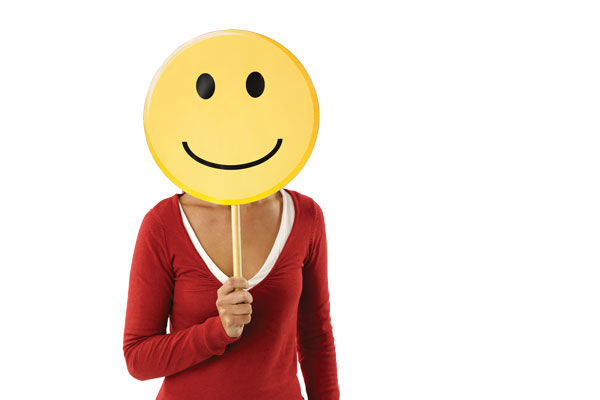
As a crisis intervention counselor, I am often asked what is the best way to cope with difficult and challenging situations. But never could I have imagined that people would be asking how to deal with a world-wide pandemic. There is no perfect answer, but there are a variety of ways to help you maintain your mental health and remain upbeat during this pandemic.
Every day I take crisis calls, and lately, as you can imagine, I’ve been speaking with an extraordinary amount of people that are extremely anxious due to COVID-19. Many have called me from the confines of their homes while they are sheltered in place. Although they understand why the government has ordered this measure, they still often speak about their loneliness, and their fears as they cannot predict what will happen next. Others face tremendous stress as they have suddenly become unemployed and have no idea how they will pay next month’s bills.
This is not an easy time for anyone. My hope is that the tips provided will help you face this unprecedented time the best possible way that you can.
While it’s important to keep current on what’s happening in the world and your community, just remember that information overload can be unhealthy too.
• It’s all about your frame of mind. Many people come to see me because they need help reframing their way of thinking. I often tell them that it doesn’t matter what the situation is. What matters is the way we think about it. We choose to look at it in a negative or positive light. People who are anxious or depressed often succumb to thinking negatively which leads to negative feelings and behaviors. What could possibly be positive about this pandemic you might ask? Again, it’s not the situation, it’s how you think about it. Very recently I spoke with a woman who stated that her entire family was going to die because of the Coronavirus. I asked her, “What’s the evidence for that?” I then proceeded to ask if her family was ill as I did not understand how she could come to that conclusion. This kind of thinking is called catastrophizing (thinking the worst-case scenario). We eventually worked through her anxiety as she realized that she was allowing her fears to overpower her.
• Focus on what you can control. A lot of anxiety stems from not feeling in control. We cannot control that Coronavirus has invaded our daily lives, and put us in harm’s way, but we can definitely control how we handle it individually. Take those precautionary measures like washing your hands for at least 20 seconds, coughing into a tissue or the inside of your elbow, and social distancing. Following those simple acts recommended by the health experts can help us feel empowered, and are not only helping us stay healthy, but also those around us.
• Limit the amount of information that you watch or read. It is very easy to get sucked into watching the news via television or reading what others say through social networking sites. While it’s important to keep current on what’s happening in the world and your community, just remember that information overload can be unhealthy too. Seeing those numbers rise as people get sick or die can be frightening. So, keep it to a minimum.
• Reach out to your social support network (family, friends, co-workers). Communication is key. It is so easy to isolate ourselves. Just because we’ve been asked to prac-tice social distancing doesn’t mean that you can’t reach out to your loved ones. Call them or visit with them via an online platform. Many people are gathering via Zoom and Skype for special occasions like birthdays.
• Make sure your basic needs are met. People often forget how important getting adequate sleep, eating properly, and exercising is. All three can boost your mood – which is imperative during this time. Walking for at least 30 minutes in your neighborhood will give you a burst of energy and will do wonders for your mental health. There are also apps, some free, that can be used to help improve sleep and mindfulness. Some better-known ones include Calm and Headspace. Additionally, The Texas Health and Human Services has launched a 24/7 statewide mental health support line for Texans who are experiencing emotional difficulties due to the pandemic. The
toll-free number is 833-986-1919.
• Take advantage of this precious time that has been bestowed on us. One of my colleagues said that if someone had told her years ago that in 2020 we would be directed to work from home, and stay indoors as much as possible because of a worldwide pandemic, she would never have believed it. But here we are, and this is indeed the case. We can choose to crumble in fear or use this time as wisely as possible. I chose the latter. Before the pandemic, I complained that I hardly had time to spend with my toddler as I was working many hours, day and night, but now that I’m working from home, and her school is closed, we have ample time to run around our home, be silly, and just cuddle while we coo, “I love you,” to each other. While I’ll be grateful to return to work as that will be an indicator that life is beginning to be “normal” again, I have to admit that I’ll be a little bit sad to say goodbye to those days that I had constant contact with my daughter. So, years from now when I remember “that time when we all stayed in to stay healthy,” I’ll also remember it as the time I got to spend extra time with my family rather than a time when there was great sadness around the world. Perspective; it’s a powerful thing.
By Vanessa C. Cantu, PH.D., LPC





